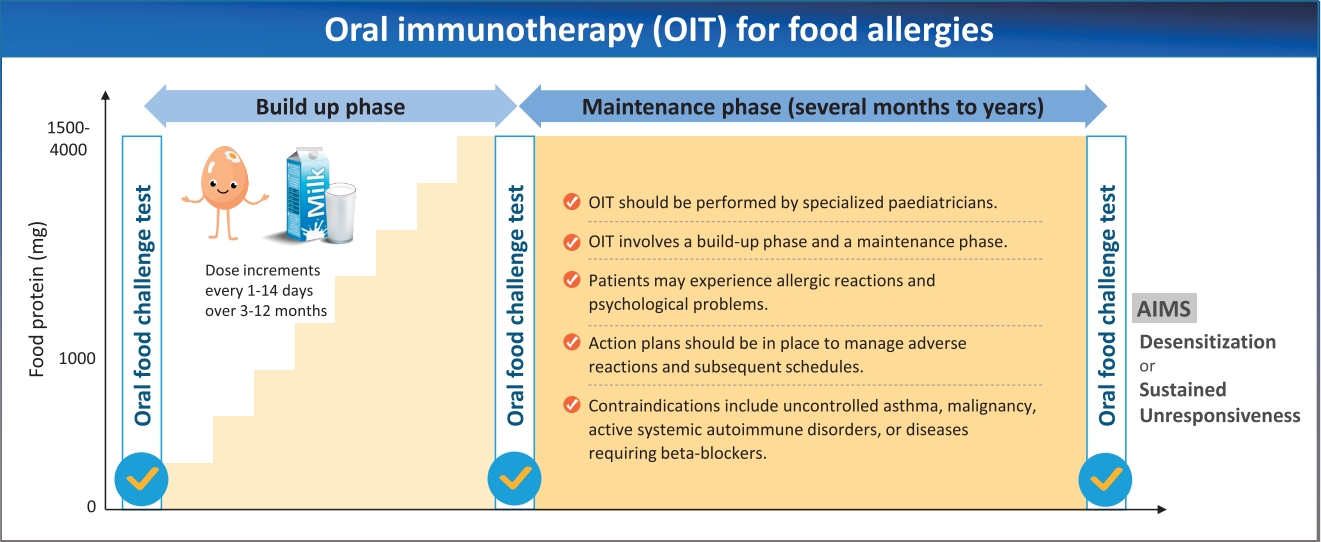Search
- Page Path
-
- HOME
- Search
- Review article
- Review Article
- Original Article
- Review Article
- Original Article
- Clinical Lecture
-

-
-

-

-
Impact Factor4.2
-
6.52022CiteScore92nd percentilePowered by









